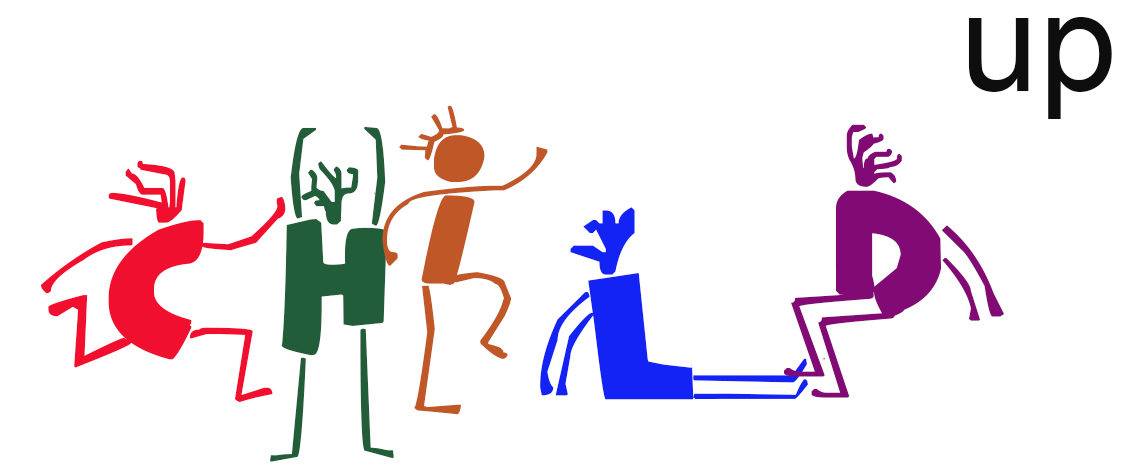Methodology
Research methodology
Collection and merging of (1) literature reviews, (2) existing data (3) and quantitative and qualitative data on migrant children’s condition of integration and on important experiences of integration in education and social protection.
Observation of relevant and innovative examples of educational activities in seven countries that enhance migrant children’s integration through their active participation.
Production of gender–sensitive methods
CHILD-UP uses ethnographic methods. CHILD-UP uses ethnography as a set of methods involving the researcher watching what happens, listening to what is said, asking questions and collecting other data useful to achieve the research objectives. This approach offers a creative framework for listening to children’s perspectives through talking, walking, making and reviewing together. The main defining components of ethnography are observation and participation, however ethnography also includes observing occurrences, listening to the things people say and asking questions.
CHILD-UP enhances gender-sensitive researchand analysis. The gender perspective is applied as a thematic focus and methodological perspective at all stages of research including design, sampling, methodological tools, data collection, data analysis and programming of innovative actions. CHILD-UP analyses the ways in which adults observe and perceive girls’ and boys’ participation and expectations and perpetuate or challenge gender stereotypes in the interactions with children.
Research components
Background research: Preliminary analysis of historical, social and political factors that influence the integration of child migrants at regional and European levels, including a literature review and analysis of relevant policy documents.
Quantitative research about problems and opportunities of social protection: roles and attitudes of social services and reception centres, housing and standard of living, healthcare and psycho-social support, experiences of detention and deportation, discrimination, abuse and exploitation.
Quantitative research in education: that will investigate (1) the roles and attitudes of actors in schools and educational centres,(2) the areas from which children emigrate, (3 the time elapsed between arrival to Europe, (3) the access to education and (4) the years spent out of education and present situation.
Quantitative research on parents’ perspectives: that will investigate the role and attitudes of families, their expectations about school access and achievement, their integration in the community and their needs in terms of resources and educational policies.
Qualitative research on professionals’ perspectives: roles and attitudes in schools and educational centres, understanding of school access and achievement, integration in the community, needs of resources and educational policies, educational and vocational opportunities for those who arrive past the age of compulsory schooling.
Qualitative research on relevant examples of participatory approach in schools: school achievement in terms of active participation, addressing best practices that support equal life-chances.
Quantitative and qualitative research on children’s perspectives: perceptions of well-being, standard of living and school achievement. Adoption of generalised gender-sensitive approach to research and intervention

